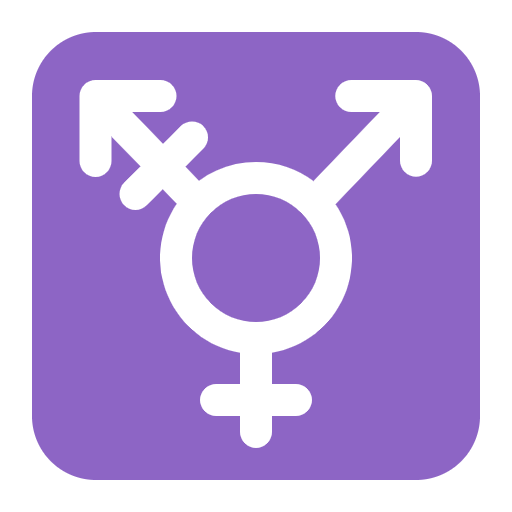Comprehensive Guide on the Name “Lian”

Lian
Meaning: Lily / Gender: Neutral / Pronunciation: LEE-ahn
Origin and Historical Background
The name “Lian” has its roots in multiple cultures, making it a particularly versatile and globally appealing choice. Primarily, it is derived from the Chinese name 莲 (Lián), which means “lotus or lily.” The lotus flower holds significant cultural symbolism in China, often associated with purity, enlightenment, and rebirth. In addition, Lian can also be found in Hebrew, where it translates similarly to “lotus” or “lily,” further emphasizing its association with natural beauty and spiritual symbolism.
In some Chinese dialects, the character for Lian appears in ancient texts and poetry, celebrating the flower’s grace and resilience. Similarly, Hebrew literature occasionally features the name, underscoring its seamless fusion within two rich cultural tapestries.
Meaning and Cultural Significance
“Lian” translates to “lily” or “lotus flower,” a symbol that carries profound meaning across various cultures. In Chinese culture, the lotus is revered as a symbol of purity and spiritual enlightenment because it grows beautifully out of the mud, reflecting resilience and purity regardless of its surroundings. Likewise, in Judeo-Christian contexts, lilies often symbolize purity and innocence and are frequently mentioned in religious texts.
Furthermore, the name embodies elements of the natural world, pastoral beauty, and tranquility. It evokes images of serene water meadows and blooming flowers, making it an ideal name for parents seeking a peaceful and natural connotation for their child.
Famous Historical Figures with the Name Lian
1. Lian Po
- Historical Era: Warring States period of China (475-221 BCE)
- Key Contributions: Lian Po was a celebrated and highly skilled general who served the State of Zhao. Known for his strategic brilliance and military campaigns against rival states, he played a crucial role in defending Zhao from invasions.
- Cultural Impact: His leadership and valor are still studied in Chinese history as exemplary military strategies.
2. Lian Gouw
- Historical Era: 20th Century
- Key Contributions: Lian Gouw is a contemporary Indonesian-born American writer known for her pivotal work, “Only a Girl,” which narrates the complex dynamics of three generations of Chinese women in Indonesia.
- Cultural Impact: Through her storytelling, Gouw has shed light on cultural and generational conflicts, earning her recognition and respect in literary circles.
Usage Over Time
The name “Lian” has enjoyed modest but stable popularity over the years, partly due to its neutral appeal and elegant sound. In recent decades, there has been a growing trend towards multicultural and unisex names, boosting Lian’s visibility. While it does not frequently appear in top name lists, its unique charm and cross-cultural significance make it a cherished choice among diverse communities.
Pronunciation Guide
“Lian” is pronounced as LEE-ahn. The “Li” rhymes with “see,” and the “an” is pronounced like the German “An” in “Ann.” Emphasize a soft, steady flow between syllables to maintain its elegant simplicity.
Biblical Context
While “Lian” is not mentioned explicitly in the Bible, its meaning—lily—holds substantial Biblical importance. Lilies often symbolize purity and divine beauty in Biblical texts. For instance, in the Song of Solomon 2:1, the lily is used as a metaphor for the Shulammite’s beauty: “I am the rose of Sharon, the lily of the valleys.” Such references enhance the name’s spiritual resonance.
Additional Unique Information
Numerology
The name Lian resonates with the number 7 in numerology, representing introspection, spiritual awakening, and inner wisdom.
Variations
Variants include Liane, Lianna, and Leanne in Western cultures, blending similar phonetic elements while maintaining the original name’s essence.
Cultural Variants
In addition to its Chinese and Hebrew roots, Lian is also used in Dutch and Indonesian cultures, reflecting its global appeal.
Popularity Trends
While the name “Lian” has not consistently ranked in the top tiers of baby names in the United States, its use has remained relatively steady. A growing interest in unique and multicultural names may see “Lian” rise in popularity in the coming years, reflecting broader trends towards inclusivity and global connectedness.

